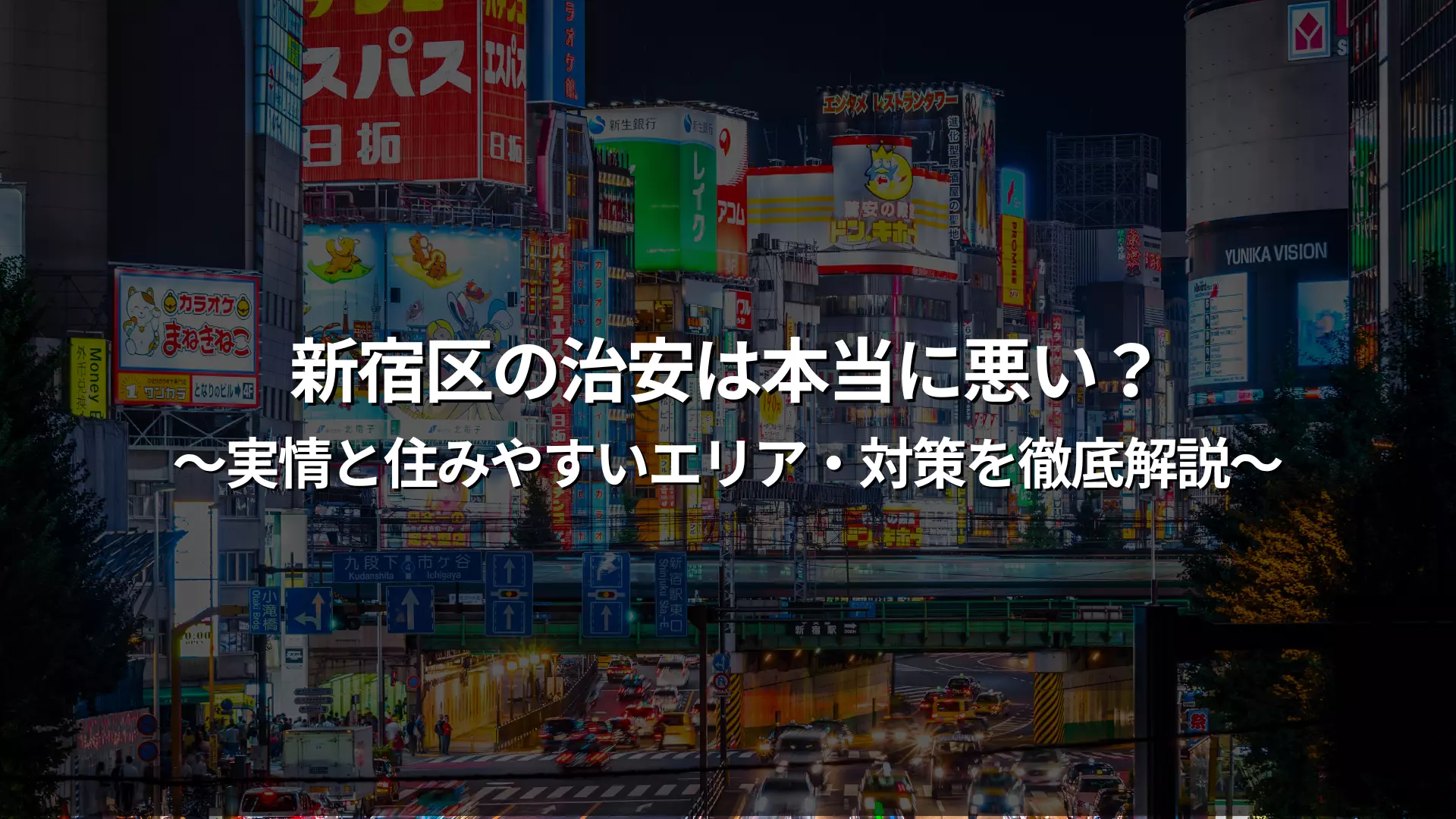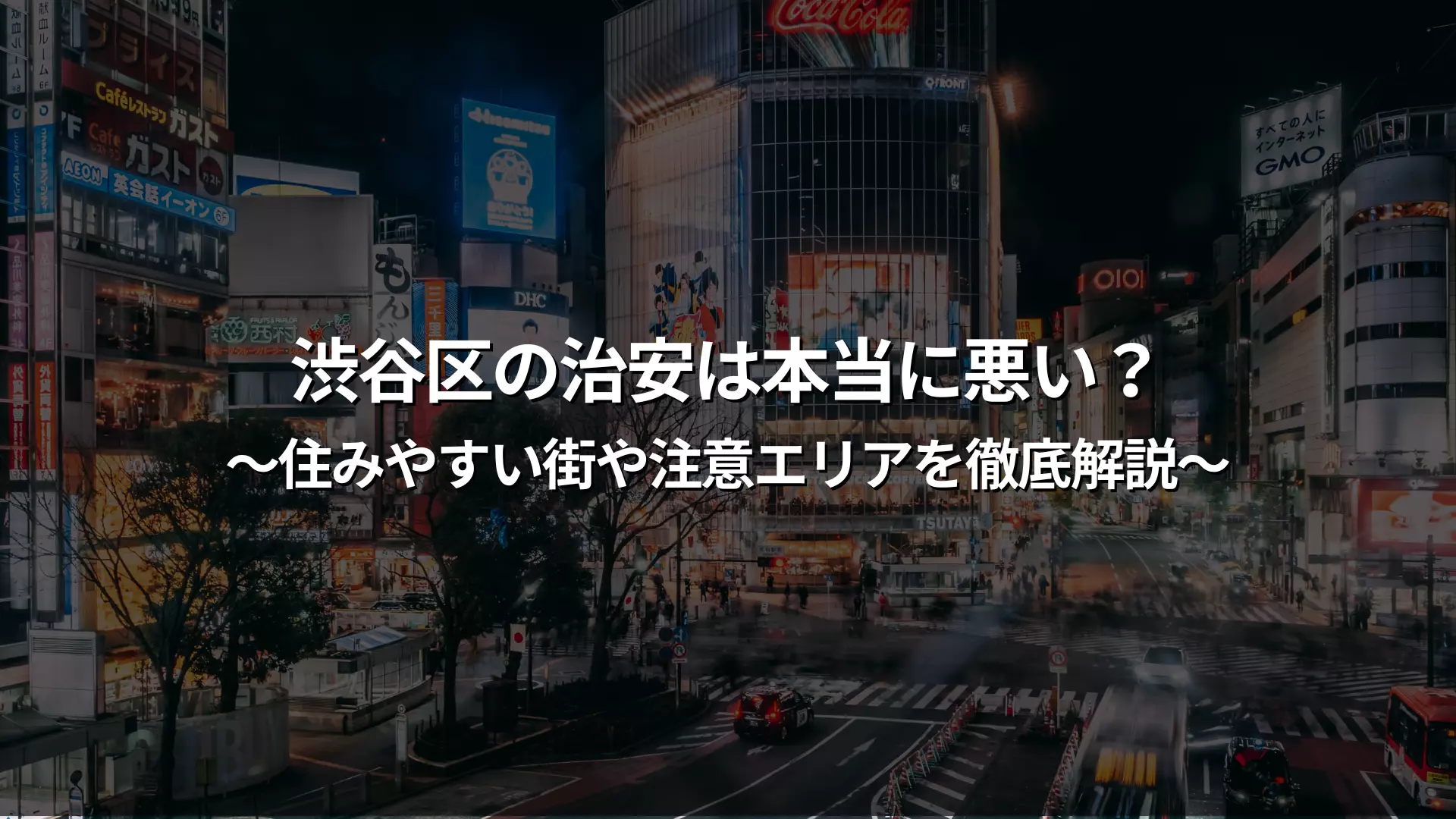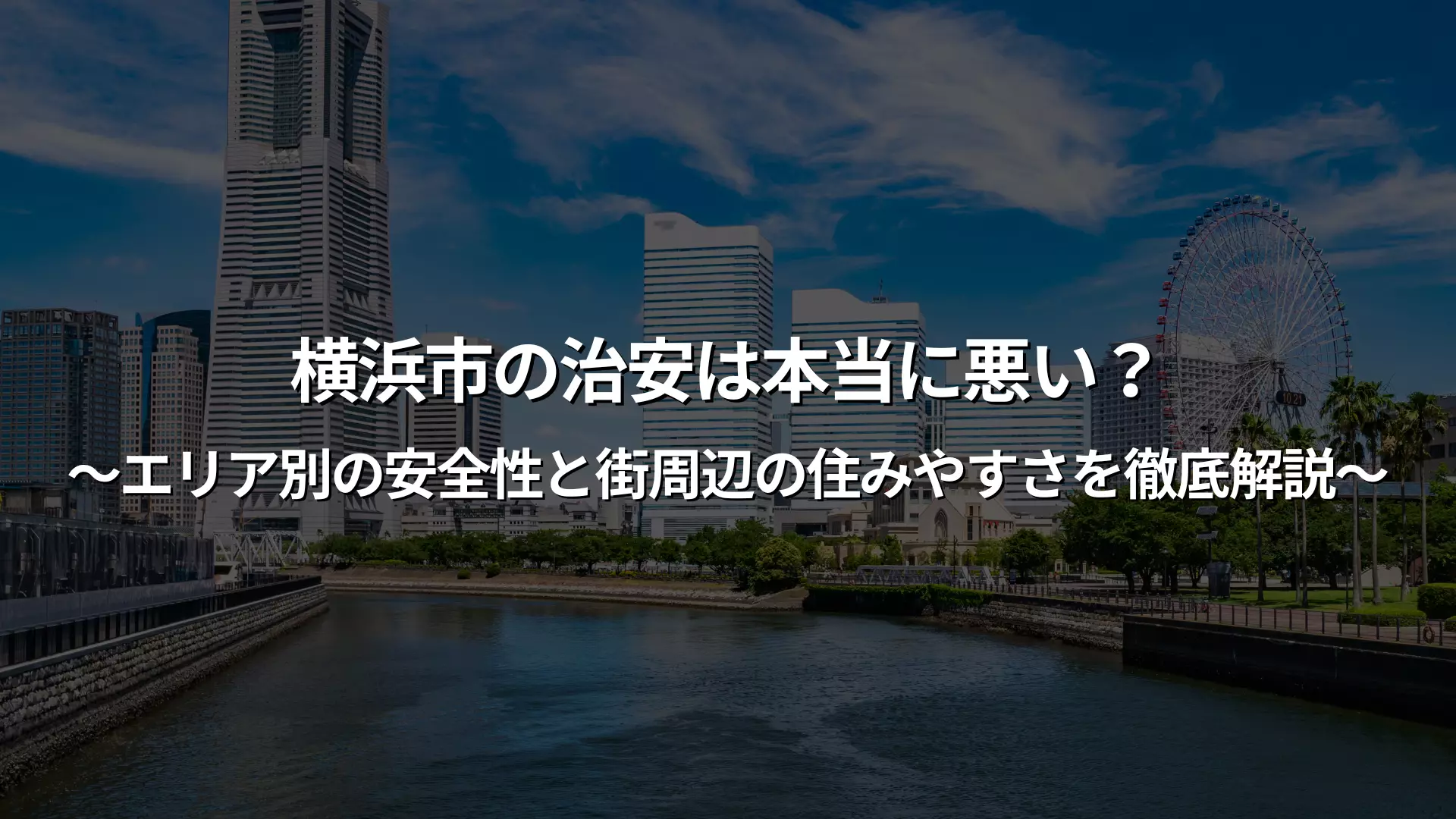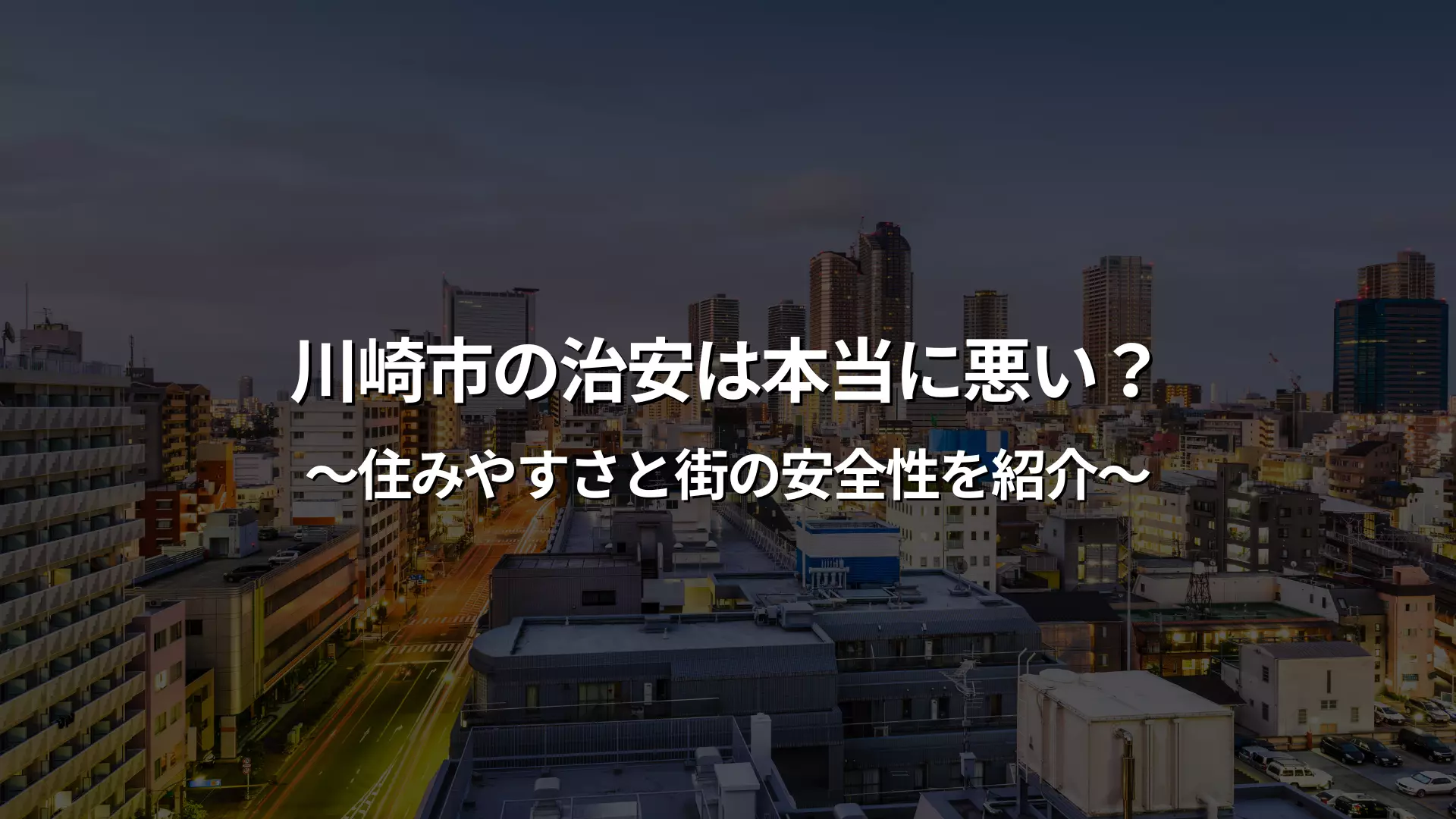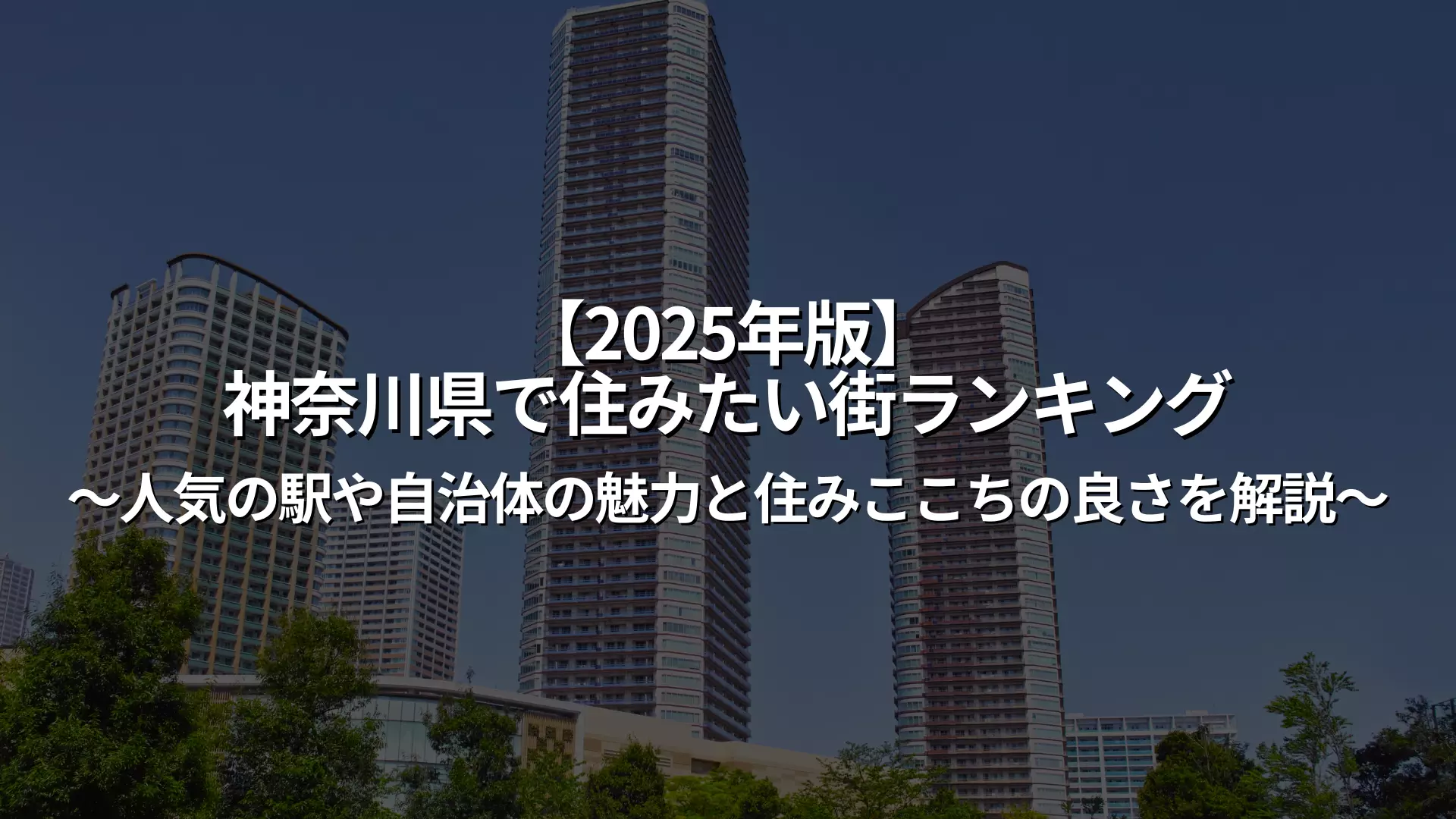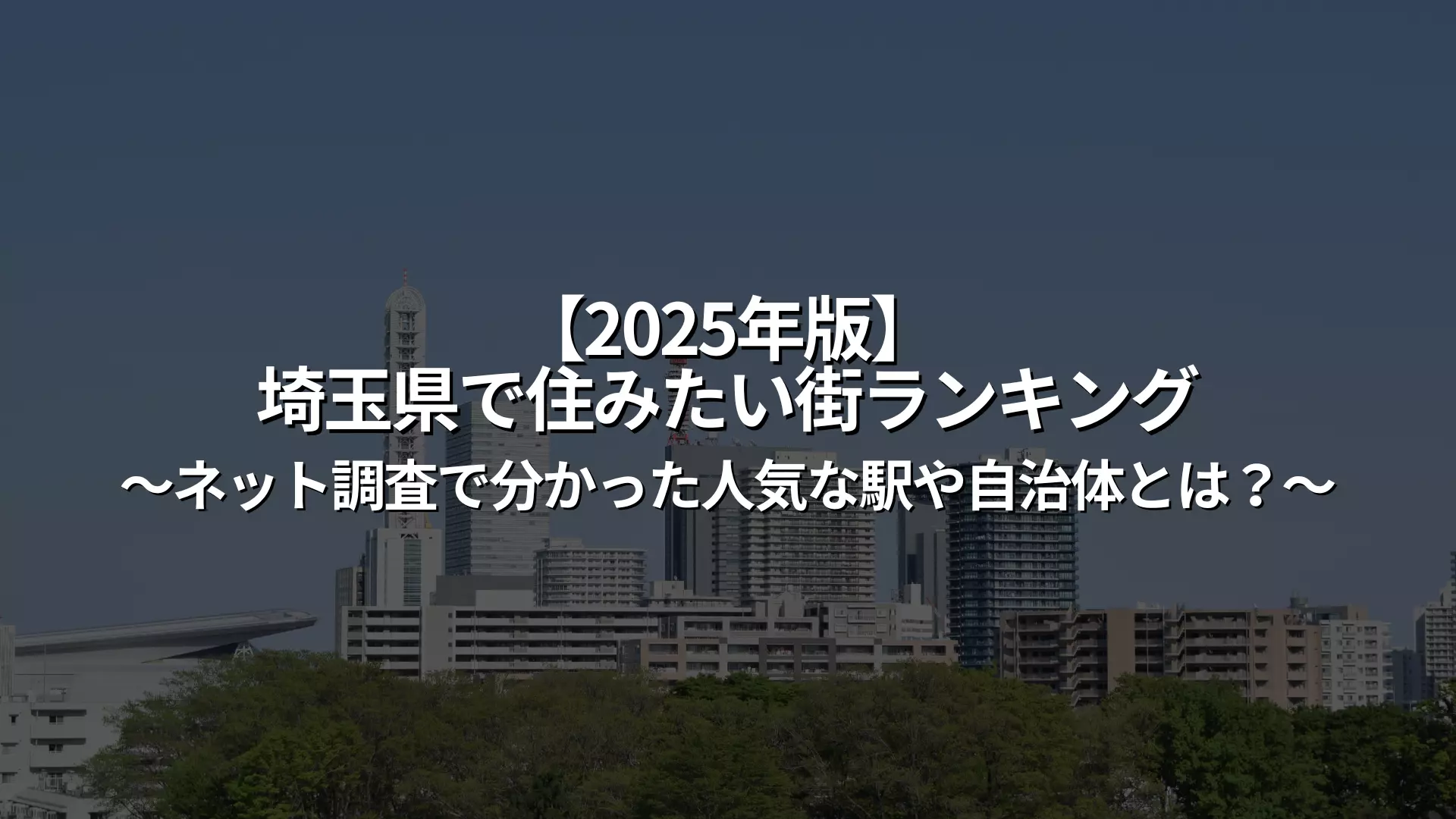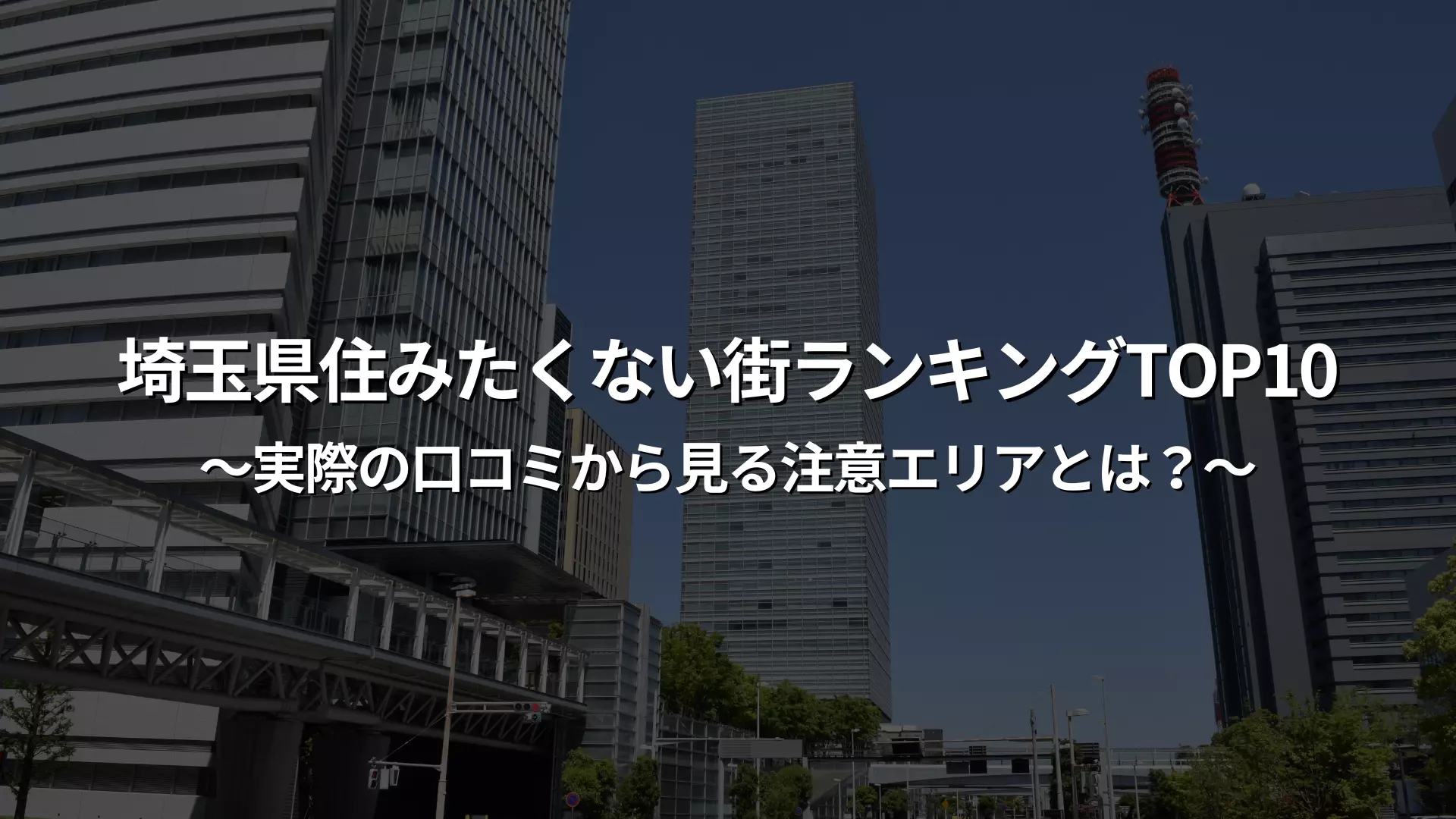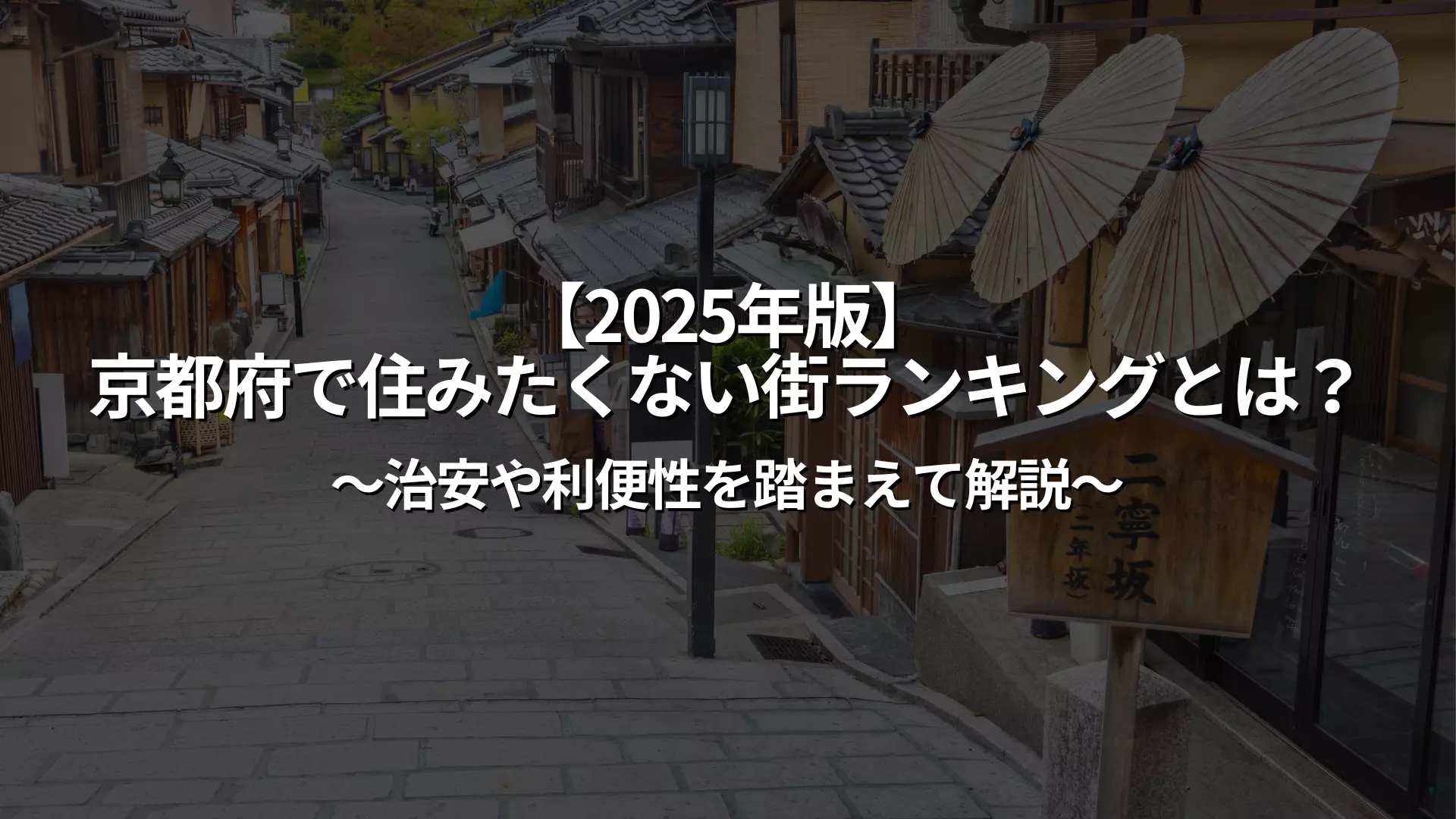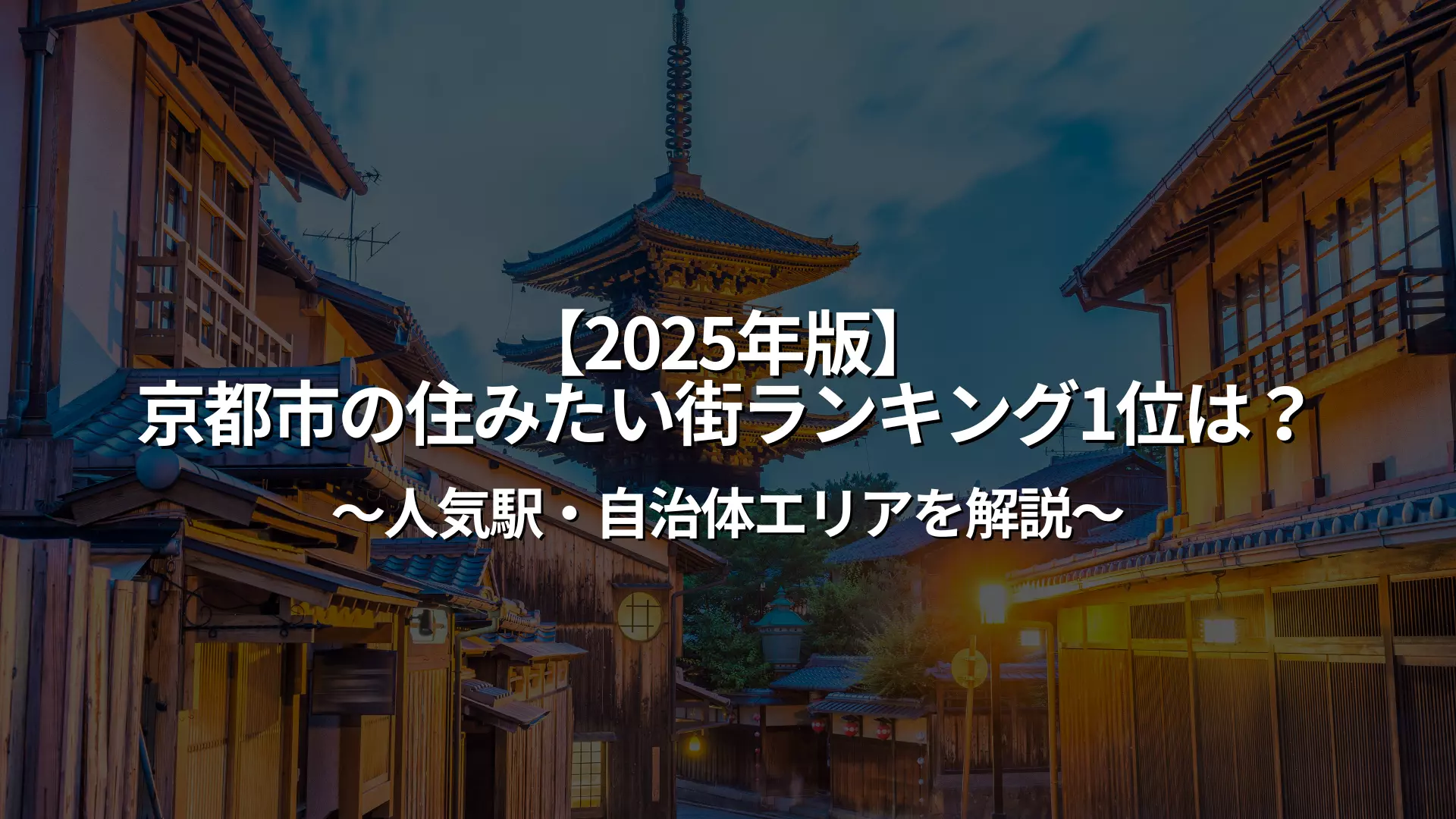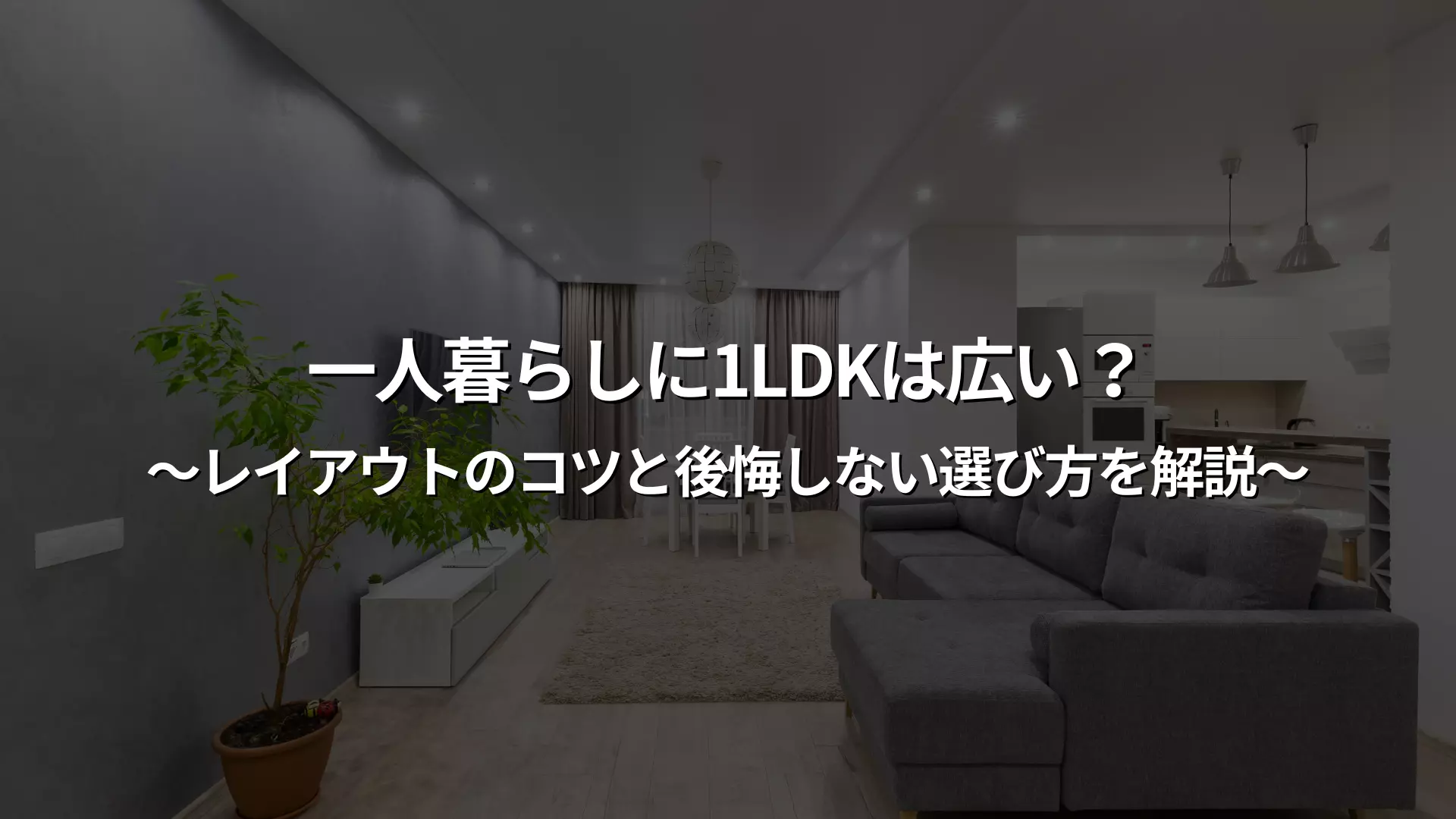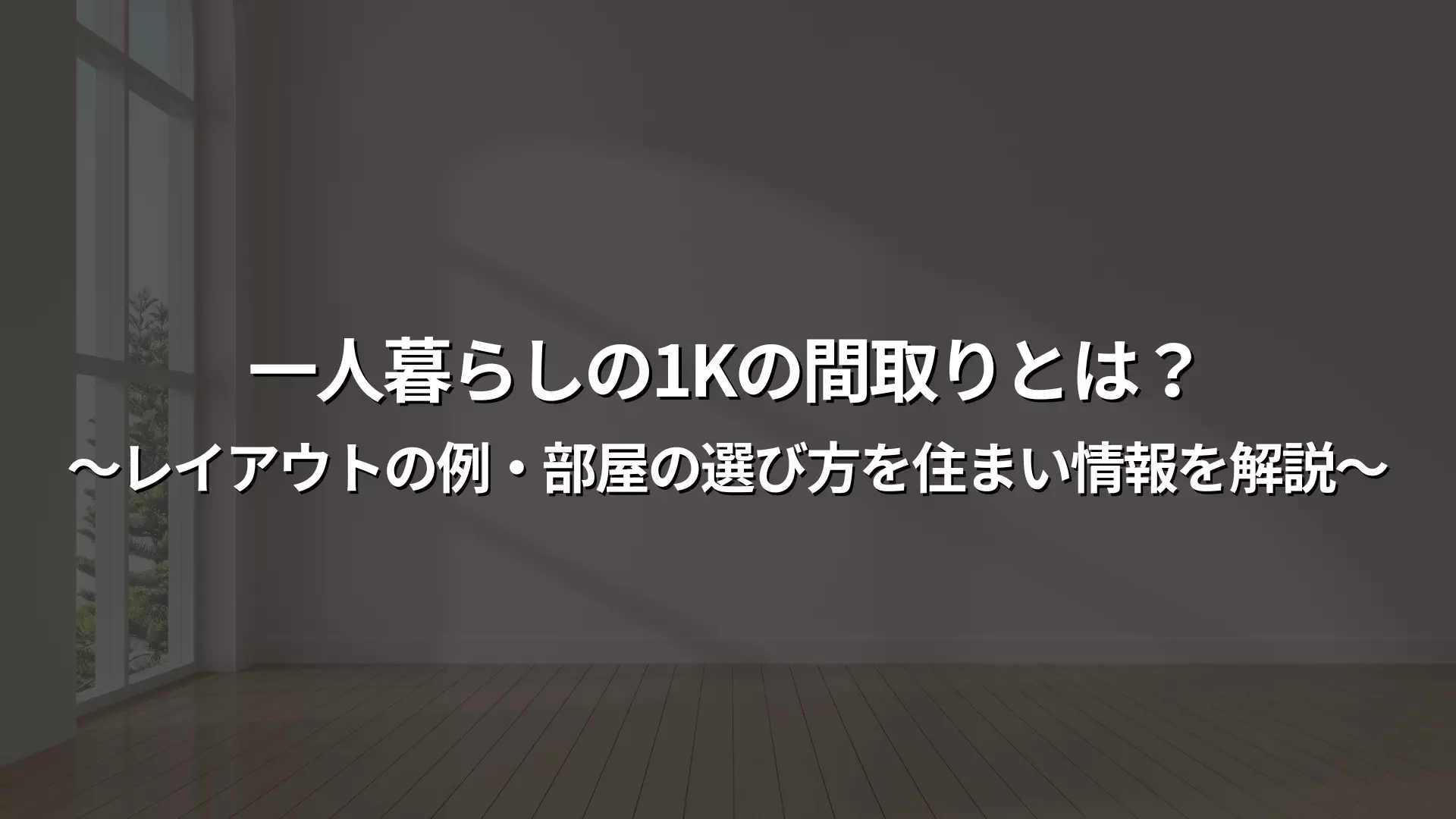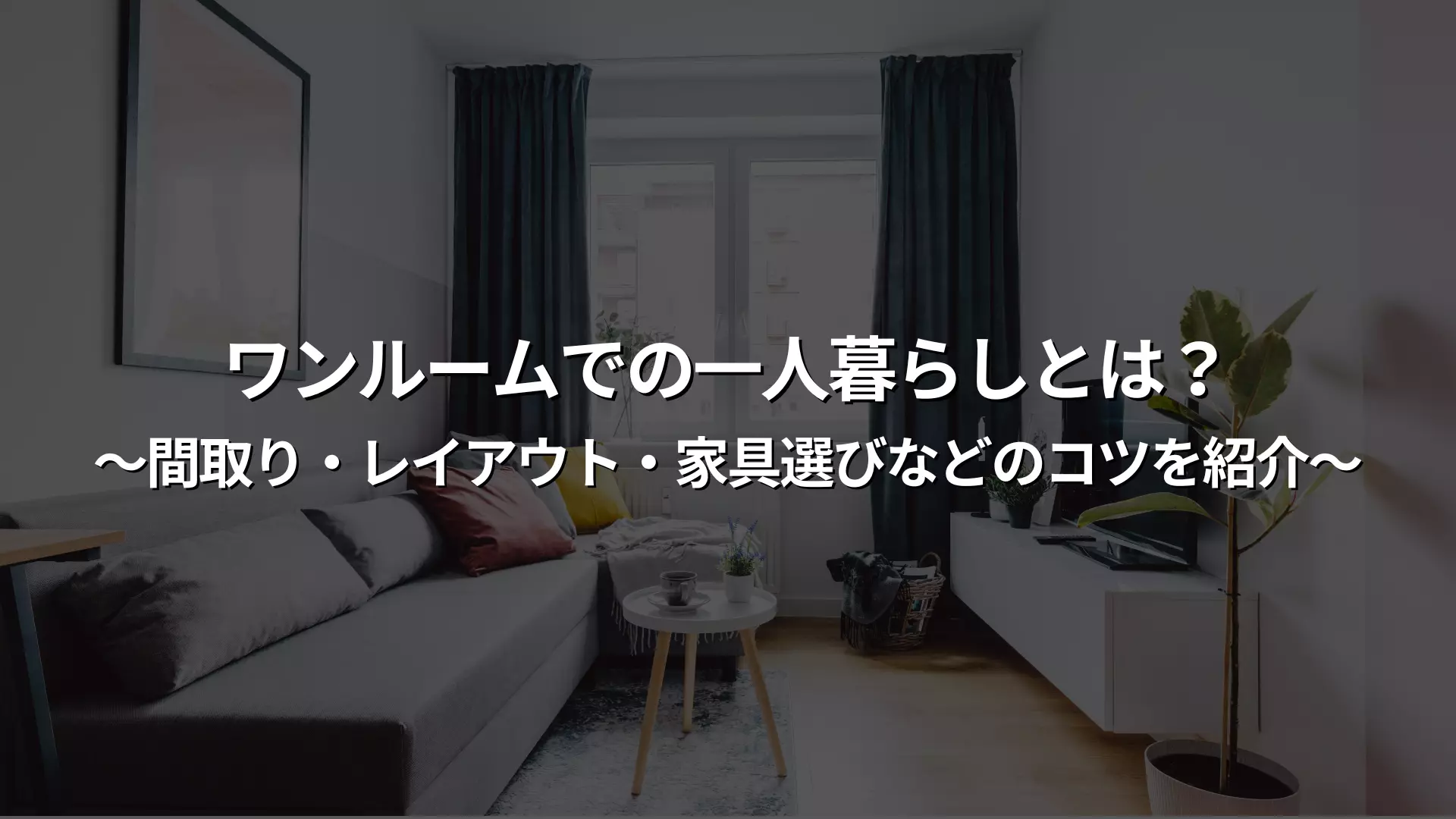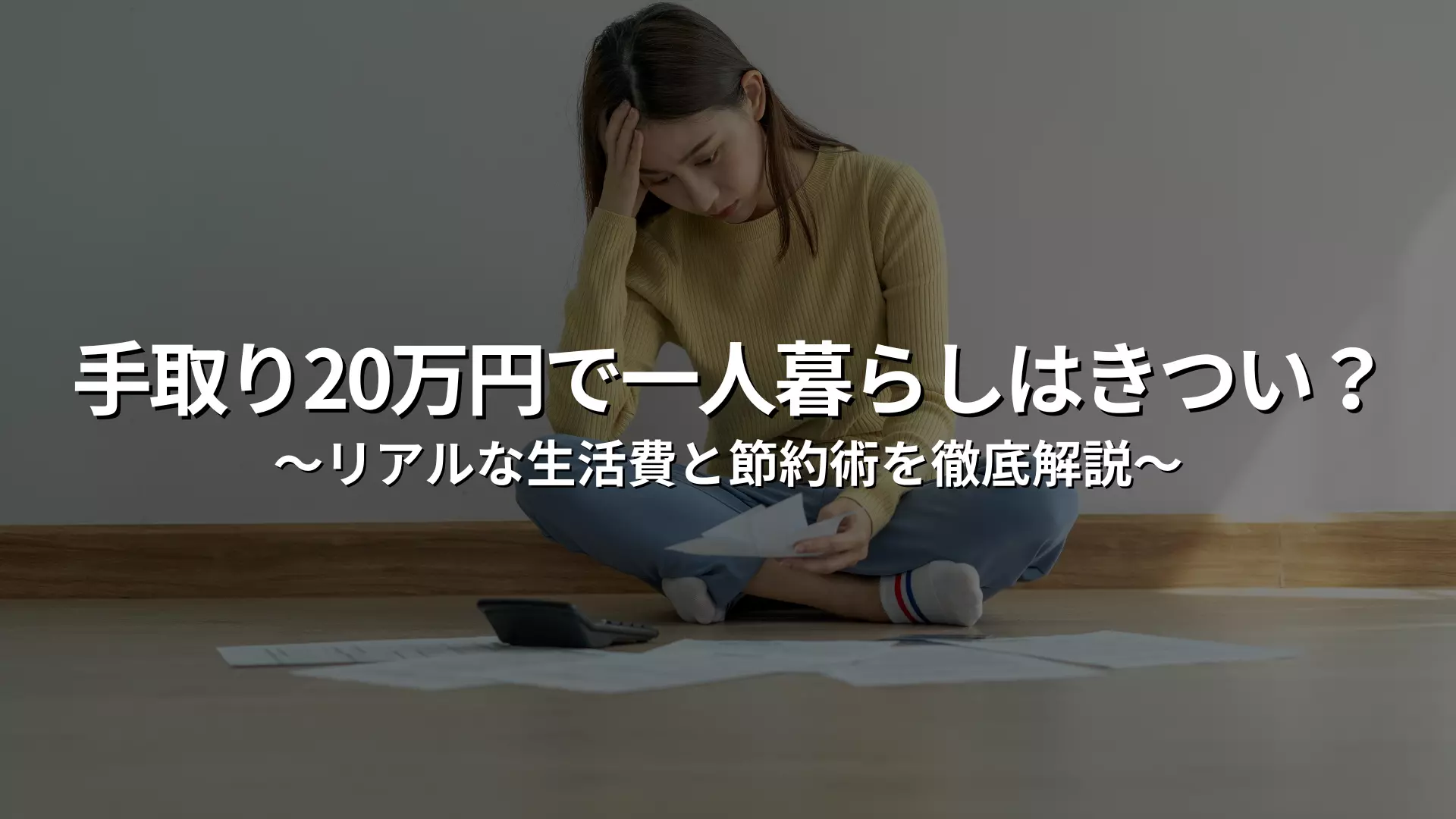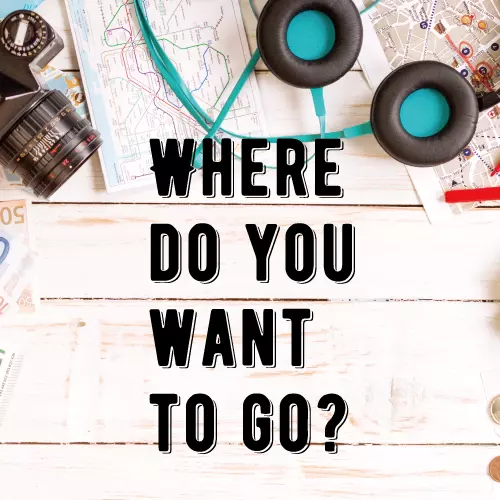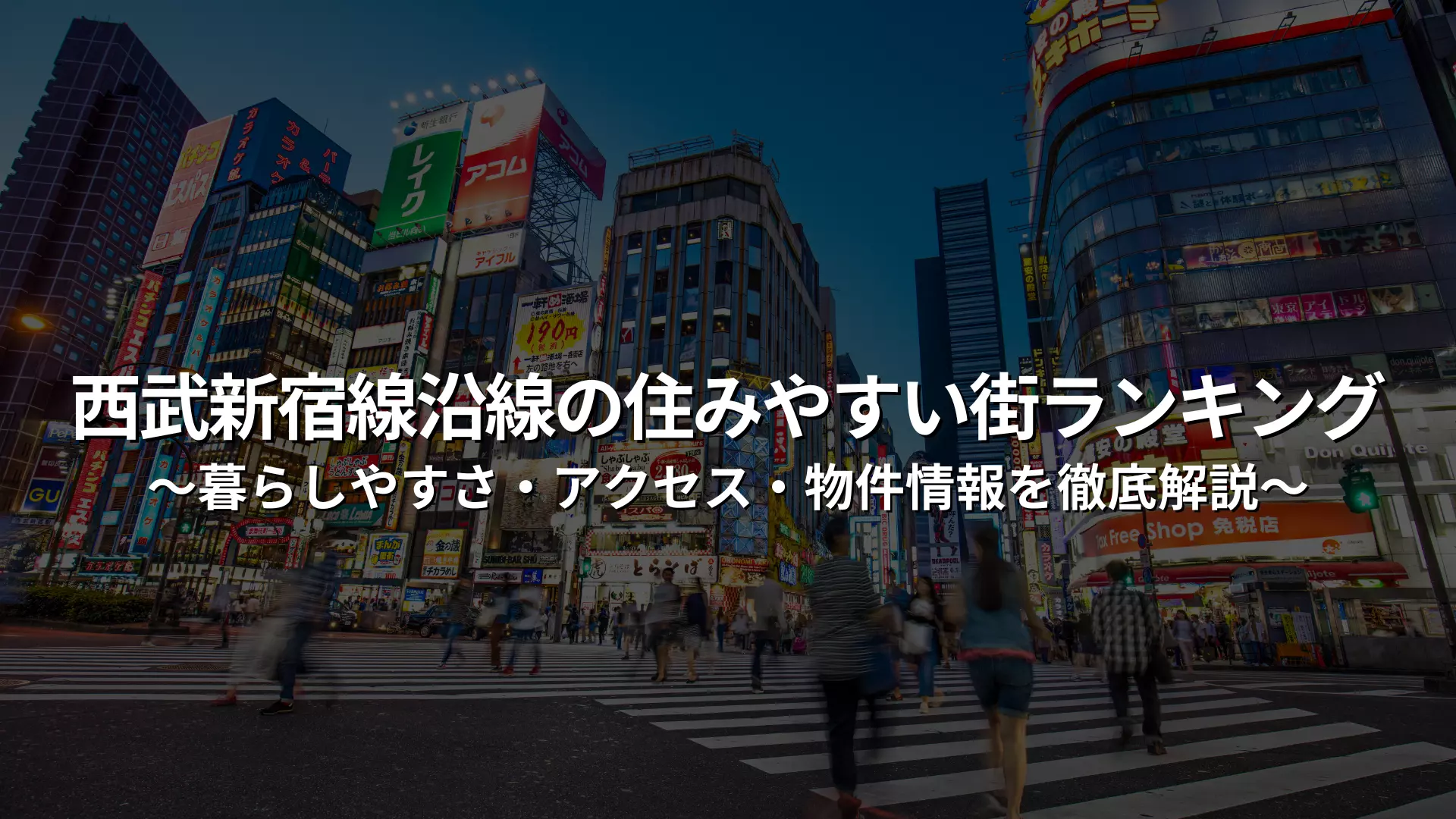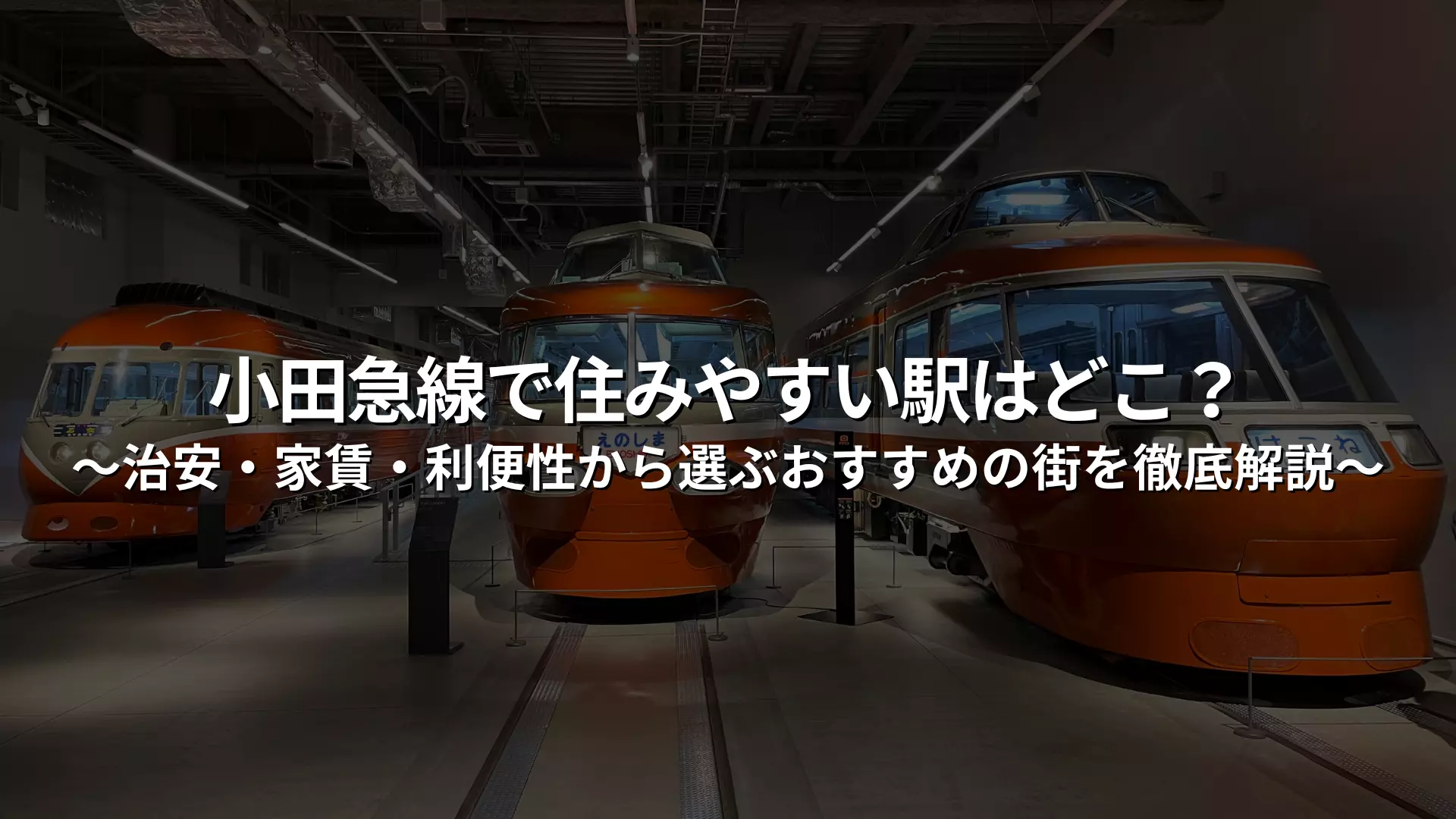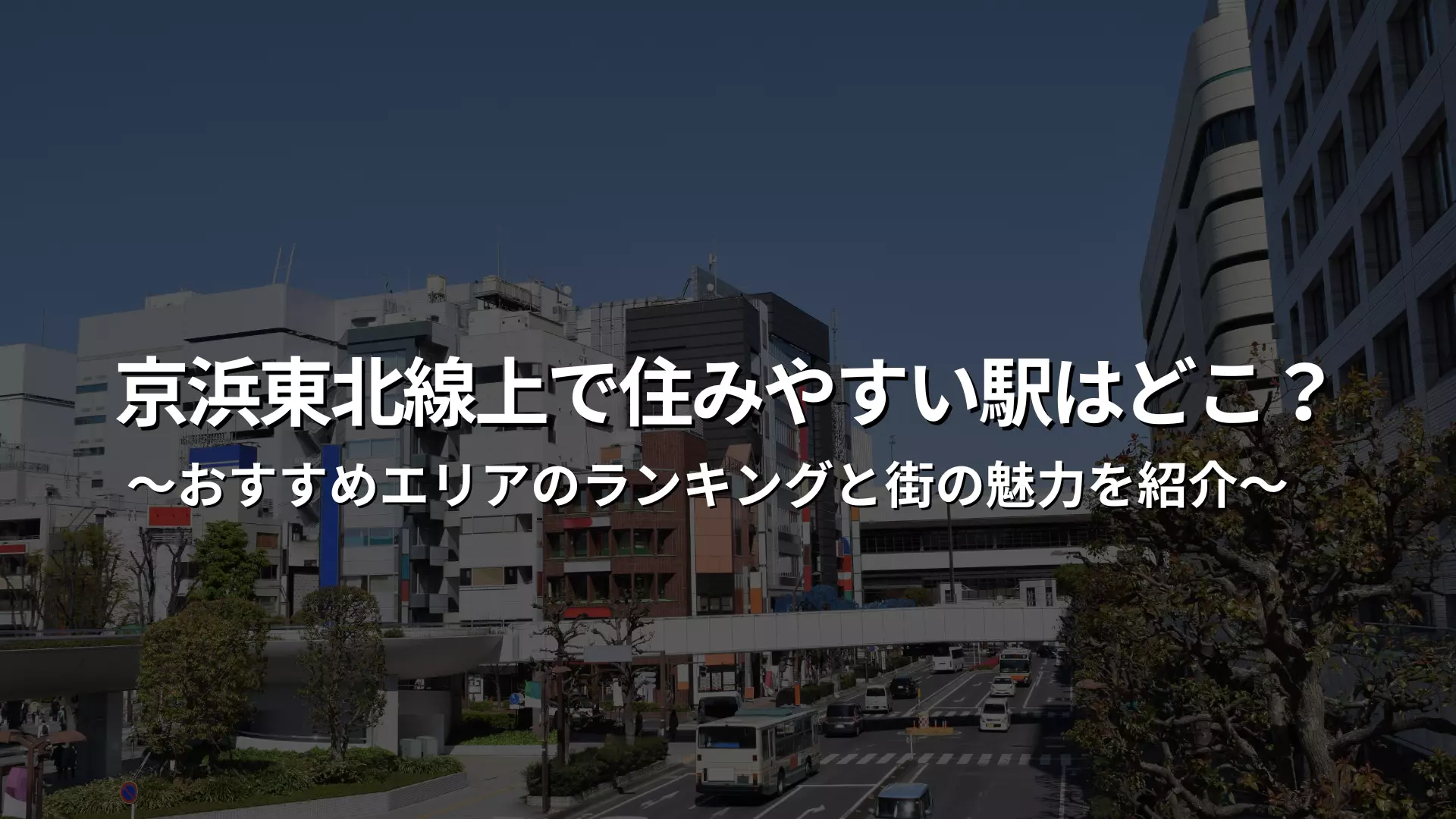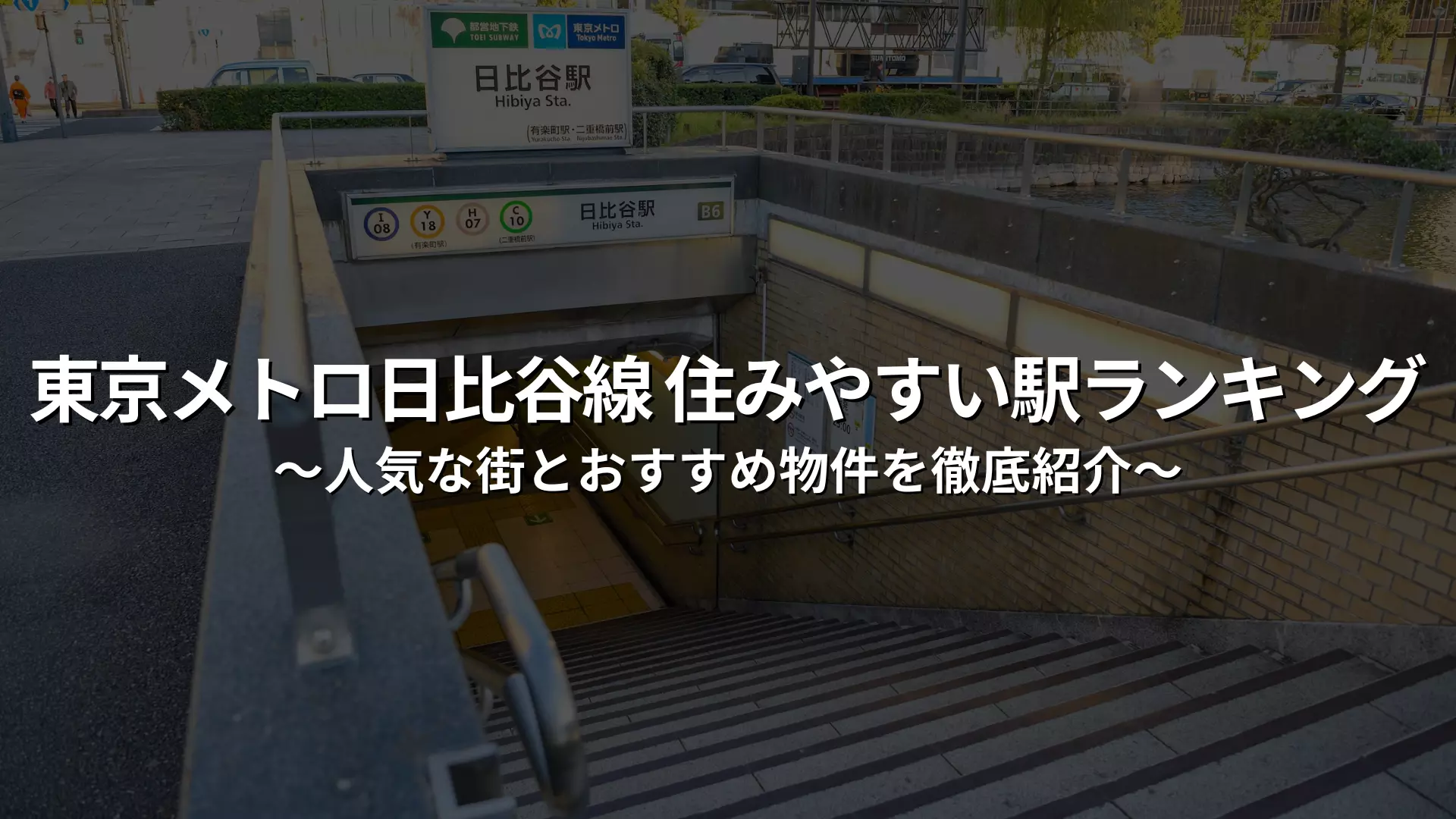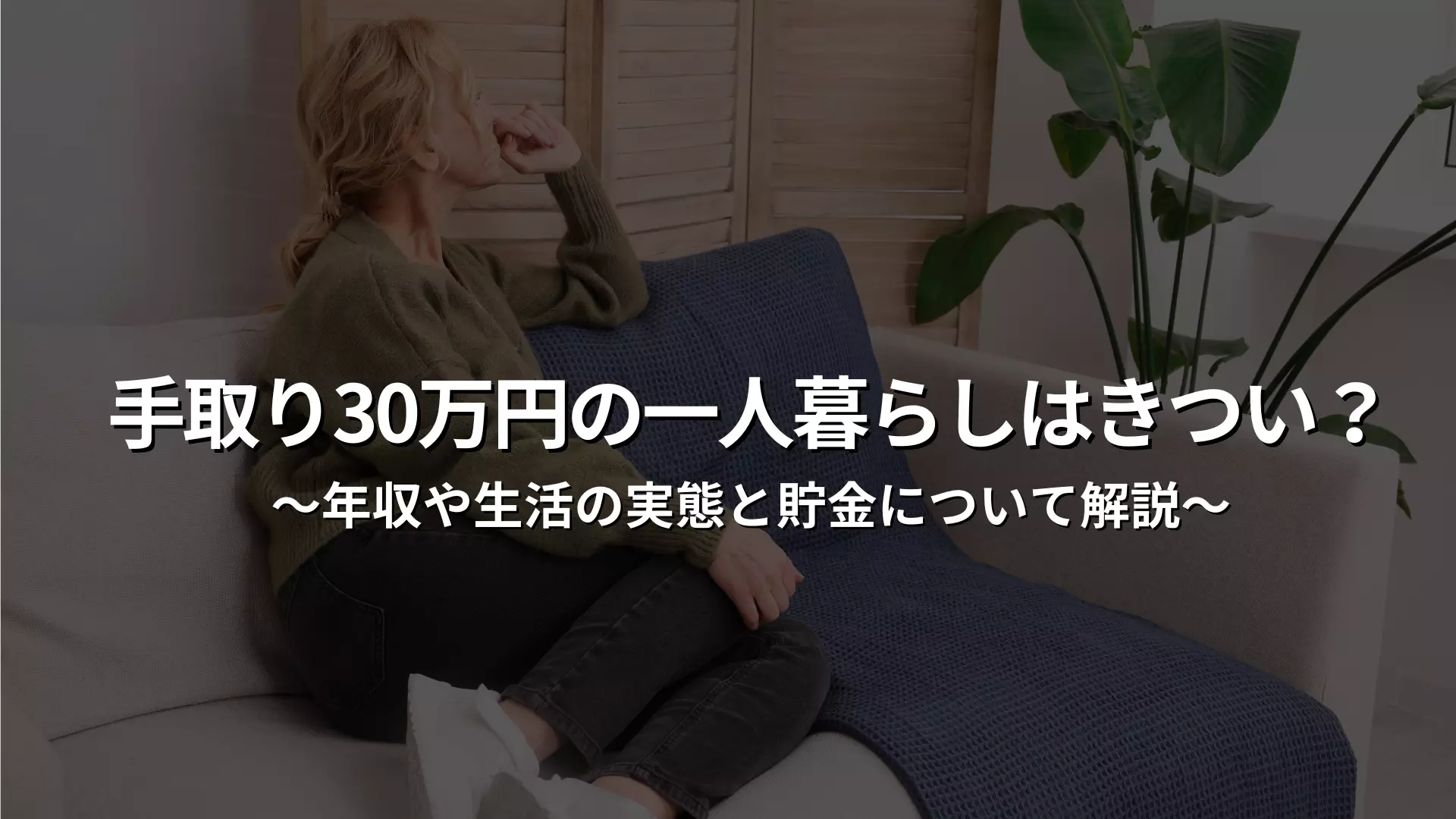What are the characteristics of public safety in Shinjuku Ward? Explaining the statistics and current situation
Among the 23 wards of Tokyo, Shinjuku Ward has a strong image of being "badly safe," but this is because the ward is home to entertainment districts such as Kabukicho. In fact, the number of crimes is among the highest in Tokyo, with many reported cases of theft and soliciting in particular.
However, the security situation varies greatly from area to area, with residential and educational districts maintaining a relatively calm environment. To properly understand the security situation in Shinjuku Ward, it is important to use statistical data and crime maps to grasp the trends in each area.
Shinjuku Ward has the highest crime rate among the 23 wards.
Shinjuku Ward has the highest crime rate of any of Tokyo's 23 wards, ranking among the highest every year.
According to statistics from the Tokyo Metropolitan Police Department, the number of criminal offenses reported in fiscal year 2023 exceeded 10,000, most of which were classified as minor crimes such as theft, assault, and fraud. Pickpockets, shoplifters, and drunken troubles are particularly likely to occur around busy train stations and commercial facilities.
However, this is also due to the large number of tourists and visitors, and does not mean that the entire area is dangerous. It is important to understand the actual situation in each area.
Where are the most dangerous areas? (Kabukicho, Shinjuku 3-Chome, etc.)
The areas around Kabukicho and Shinjuku 3-Chome in Shinjuku Ward are particularly notable for their poor public safety. These areas are crowded with late-night restaurants and adult entertainment establishments, and attract many foreign tourists, young people, and host club patrons. As a result, there are frequent incidents of soliciting, illegal business practices, and violence, so you should be especially careful late at night.
In addition, many of the incidents occur on the streets or in multi-use buildings, and there are cases where passersby are caught up in them. It is important to avoid walking alone at night and to act with a sense of crime prevention.
Points to watch out for based on crime types and trends
Most of the crimes that occur in Shinjuku Ward are minor crimes such as theft, assault, and fraud.
Pickpockets and bag snatchers are commonplace, especially in crowded areas. There have also been reports of scams targeting tourists and being ripped off at restaurants, so it's important to be careful.
Additionally, violent crimes occurring at night and troubles caused by drunk people are also issues. Since most crimes are concentrated in "certain areas and at certain times," effective crime prevention measures include choosing times to travel and avoiding deserted roads.
Areas in Shinjuku Ward considered unsafe and the reasons why
The areas in Shinjuku ward that are considered to be particularly "bad for public safety" are those with a concentration of entertainment and entertainment districts. Typical examples are Kabukicho, Shinjuku 3-Chome, and parts of Nishi-Shinjuku, where illegal solicitation, violent crimes, theft, and other petty crimes occur frequently.
The atmosphere changes greatly between day and night, and especially late at night, there are many cases of crime targeting tourists and young people returning from drinking parties. When passing through such areas, the first step in crime prevention is to coordinate your destination and travel time in advance to avoid unnecessary contact.
In this chapter, we will explain the areas of Shinjuku Ward that are considered to be dangerous and the reasons why.
Kabukicho's danger level and places to be careful of (1-chome, 2-chome, Hanamichi-dori, etc.)
Kabukicho is one of the areas in Shinjuku Ward where you need to be especially careful about your safety. Kabukicho 1-chome and 2-chome, Hanamichi-dori, Azuma-dori, and other areas are particularly crowded with restaurants, adult entertainment establishments, and host clubs that are open at night, and are considered to have a high crime rate.
In the past, there have been rumors of gangsters and drug use, and although police patrols have been strengthened, it is still not a safe area. Women walking alone and tourists in particular should avoid walking these streets at night.
Late-night risks and examples of trouble involving tourists
In Shinjuku's entertainment district, troubles increase sharply between midnight and 3am. There are many cases of drunk people getting into arguments and violence, and tourists being lured in by unlicensed solicitors and being charged excessive amounts of money.
In particular, the Kabukicho area has seen reports of rip-off bars targeting foreign tourists and scams disguised as directions, so you need to be careful when visiting Shinjuku at night.
Effective countermeasures include avoiding traveling alone late at night, deciding on your destination in advance and not making detours.
Specific risk factors such as soliciting, drugs, and pickpocketing
The factors behind Shinjuku's deterioration in public safety include illegal soliciting, drug-related problems, and a high incidence of petty crimes such as pickpocketing and baggage snatching. Although the solicitors may appear friendly on the surface, in reality they often lure customers to illegal establishments and charge them high prices.
Furthermore, there have been reports of illegal drug trafficking taking place in busy areas late at night, and there is a risk that innocent members of the public could become caught up in it. It is important to be careful with your wallet and smartphone in crowded areas, and never accept invitations from strangers.
Search from 6,523 rooms of 892 properties
Relatively safe and easy-to-live areas of Shinjuku Ward
While Shinjuku Ward has some areas with poor security, there are also many areas with good living environments where you can live relatively safely. Areas such as Kagurazaka, Waseda, Ushigomeyanagicho, Yotsuya, and Akebonobashi have a stable security environment and are popular with a wide range of people, from students and families to single people.
These areas are home to many educational facilities and government offices, and are characterized by a relaxed atmosphere throughout the city. They also have good transportation access and a well-developed infrastructure, making them a hidden gem within Shinjuku Ward where people can live with peace of mind.
Here we will introduce four areas that are relatively easy to live in.
Kagurazaka | A popular area with the perfect combination of safety, living environment, and accessibility
Kagurazaka is one of Shinjuku's most popular areas, offering good public safety, a relaxing residential environment, and high convenience. While still retaining the atmosphere of the former entertainment district, in recent years the number of stylish cafes and restaurants has increased, drawing attention as a town that combines culture and modernity. The area is also safe, making it a safe place for women living alone and families.
In addition, the Tokyo Metro Tozai Line and JR Iidabashi Station are both accessible, providing excellent access to central Tokyo. This is the perfect area for those who want a peaceful lifestyle while still enjoying convenience.
Waseda | A popular educational district for students and families
Waseda is an educational area with many educational institutions, including Waseda University, and the area is relatively safe. Although it is known as a student town, the surrounding area is also home to family-friendly residential areas and parks, making it a popular environment for raising children.
The residential area is quiet and peaceful, with plenty of shopping streets and restaurants, making it extremely convenient for daily life. It also has good access to the city center, making it a recommended area for those who want to live safely in Shinjuku Ward.
Ushigomeyanagicho | A residential area with a calm atmosphere and convenience
Although Ushigomeyanagicho is located on the Oedo Line, it has not become a tourist destination, and as such, it is a quiet, safe residential area. The entire town has a calm atmosphere, making it popular with women living alone and seniors.
There are plenty of supermarkets and medical facilities in the area, and the infrastructure is well-developed. It is also easily accessible from the city center, making it an ideal residential area for those who want a quiet and convenient life.
Yotsuya and Akebonobashi | A safe neighborhood for businessmen and single people
The Yotsuya and Akebonobashi area is an office district, but also a quiet residential area. It is a safe area with a relatively low crime rate, so it is popular with businessmen who are working away from home and women living alone.
The area is highly convenient for transportation, with Yotsuya Station, which has multiple lines, and Akebonobashi Station, which has easy access to Shinjuku, making it extremely convenient for commuting within the city center. It is suitable for those who seek a quiet and comfortable life while also prioritizing a location that allows quick access to the city center.
Shinjuku Ward's crime prevention measures and community safety activities
Shinjuku Ward is promoting various crime prevention measures and community safety activities so that local residents and visitors can live and stay in peace.
In areas where public safety is a major concern, local governments, police, and community groups are working together to strengthen their efforts to prevent crime. Effective measures such as enforcing ordinances banning soliciting, installing security cameras on school routes and in residential areas, and strengthening community watch activities are being implemented, contributing to improving the safety of the entire city.
By participating in local initiatives even at an individual level, you can contribute to creating a safer city.
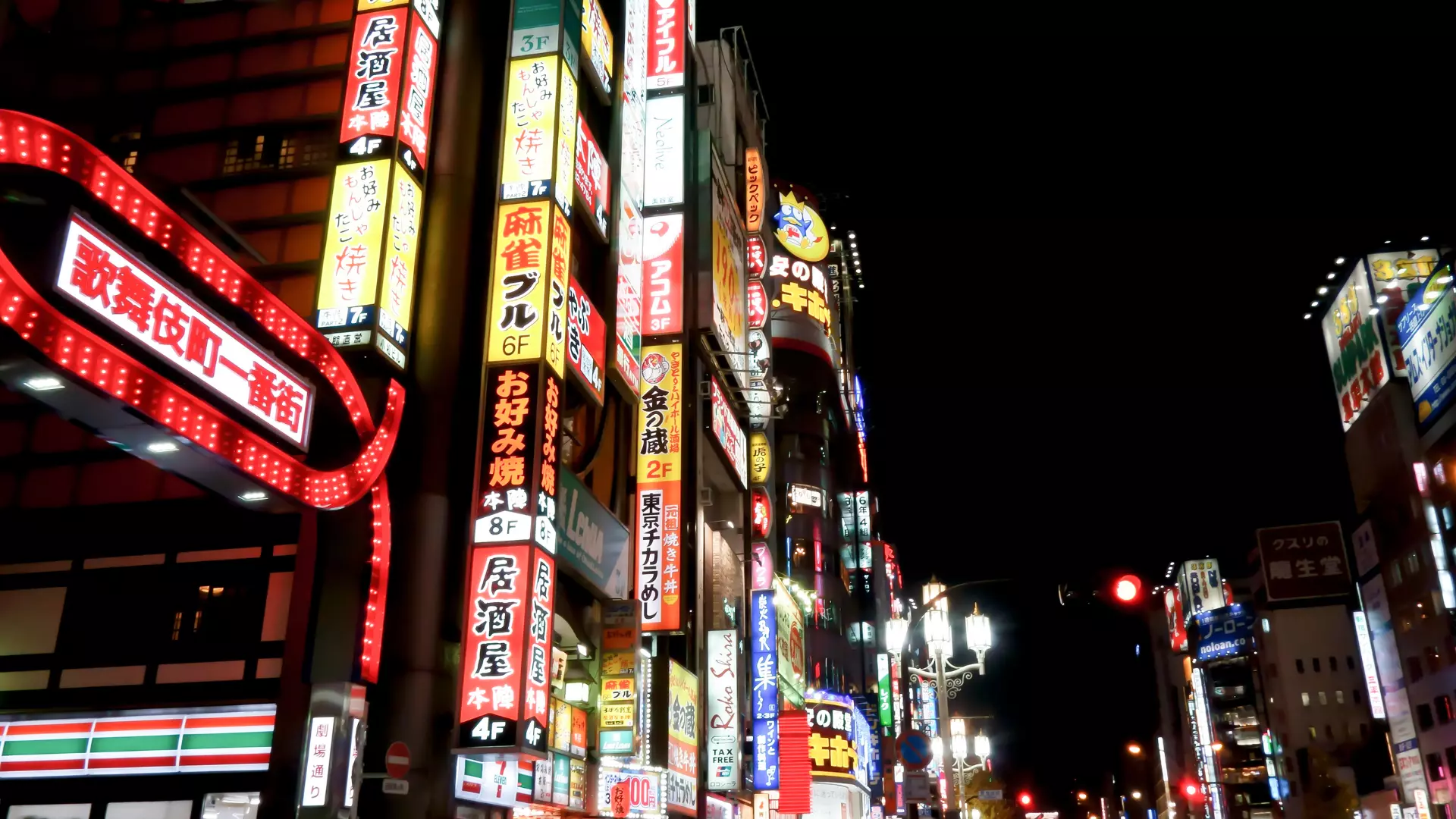
Anti-soliciting ordinance and strengthened crackdown
Shinjuku Ward has enacted an ordinance to prevent soliciting, etc., as illegal soliciting has become a breeding ground for crime and trouble.
This ordinance strengthened the crackdown on malicious soliciting and unlicensed business in downtown areas. Police and ward officials will jointly patrol and take strict action against violators.
In particular, in Kabukicho and Shinjuku 3-Chome, patrols are conducted during the late night hours, which helps prevent trouble from occurring. In order to aim for a safe city, it is essential to utilize such legal measures.
Community watch activities such as "Pipo 110 House"
Shinjuku Ward has introduced the "Pipo 110 House" system as an effort to protect local children and elderly people.
Under this system, cooperating stores and private homes become registered bases, and children who feel unsafe on their way to school or while out can ask for help. In addition, the activities of elderly watch key holders and local patrol volunteers are also active, contributing to raising crime prevention awareness among residents.
These efforts not only deter crime, but also strengthen ties within the community, helping to create an environment in which people can live in peace.
Environmental improvement by installing security cameras and street lights
Shinjuku Ward is proactively installing security cameras and streetlights in order to prevent crime and detect it early.
They are being installed primarily in areas with little foot traffic at night, on school routes, and in the backstreets of busy areas, and function both as a visual deterrent to crime and to preserve evidence. The addition of streetlights is also expected to prevent crimes by reducing darkness, helping to ensure safe pedestrian spaces.
This type of infrastructure development is a major pillar of creating a crime prevention environment through collaboration between the government and residents.
Search from 6,523 rooms of 892 properties
Safe walking around Shinjuku Station and important points to note
The area around Shinjuku Station is a highly convenient area with many transportation and commercial facilities, but it is also a place where there is a risk of getting into trouble.
There have been reports of crimes and soliciting, especially in the east exit near Kabukicho and in the back streets with little foot traffic late at night. To walk safely, it is important to pay attention to the time of day and routes, and choose well-lit streets with many people around.
Also, be firm in your response to any suspicious solicitations or approaches, and be aware of the need to seek help from a nearby store or police box if necessary.
Here we will tell you about safety and precautions.
Times and places to avoid (such as the East Exit area between midnight and 3am)
You need to be especially careful around Shinjuku Station between midnight and 3am. At this time, after the last train, there are fewer people on the streets, and drunks and illegal solicitors are more active, making it easier to get into trouble.
The area from the East Exit to Kabukicho in particular is known to be a hotspot for touts and rip-offs. If you want to travel safely, choose well-lit and well-maintained passageways such as the West Exit or South Exit, and if necessary, it is also an effective method to use a taxi or a ride-hailing app.
How to respond to calls and offers
Around Shinjuku Station, there are frequent calls from people trying to sell you things or scouting you. Many of these solicitations can lead to illegal business or fraud, so it is important to never stop and to be firm in ignoring them.
If the other person is persistent, it is effective to move in the direction of people around you or take refuge in a nearby convenience store or police box. If you are walking alone at night, it is safe to remove your headphones so that you can hear the voices around you.
Basics of managing valuables and avoiding trouble
There have been reports of pickpocketing and purse snatching around Shinjuku Station, so it's important to be especially careful around crowded ticket gates and restaurants.
for example,
- Carry your bag in front
- Do not put your smartphone or wallet in your outside pocket
- Do not leave your belongings on the bench for a long period of time.
Take these basic precautions seriously.
Other effective ways to minimize damage include distributing cash in your wallet and keeping the charge balance on your IC card to a minimum. Being safety conscious can greatly reduce the risk.
Advice for those considering living in Shinjuku
Shinjuku Ward boasts one of the most convenient locations in Tokyo, but many people feel uneasy about the area's safety and rent. However, the ward also has many quiet residential areas and safe neighborhoods, so you can live comfortably by choosing an area that suits your lifestyle and family structure.
The important thing is not just low rent and brand image, but also to consider the balance between your commute route, lifestyle, and safety. Understanding the characteristics of each area and seeing the area in person is the first step to choosing a home you won't regret.
Choose not only based on price but also on how well it fits your lifestyle
When searching for a property in Shinjuku Ward, people tend to focus on low rent and convenient transportation, but the actual livability of the area largely depends on how well it fits into your lifestyle.
For example, if you are often out late at night, a safe area near a station would be best, while if you mostly work from home, a quiet and peaceful residential area would be best.
In addition, the availability of shopping facilities, hospitals, parks, and other infrastructure is also an important criterion. Don't just base your decision on the rent, but try to choose an area that suits your lifestyle and values.
Summary of recommended areas for singles and families
Since the living environments vary greatly from area to area in Shinjuku Ward, the recommended areas will also change depending on the attributes of the people living there.
- Areas like Kagurazaka and Akebonobashi, which have good transportation access and stable public safety, are popular for people living alone.
- For students and young people, "Waseda" and "Takadanobaba" are also good options.
- For families, we recommend the areas around Ushigomeyanagicho and Yotsuya, which have good educational environments and parks.
Choose an area based on your and your family's lifestyle and the characteristics of the area.
Checkpoints for advance on-site inspection and viewing
In order to avoid making a mistake when choosing a property, it is very important to check the property in advance and view it inside. In Shinjuku Ward, where the atmosphere of the town changes between day and night, it is recommended to visit multiple times at different times if possible. Walk around the area and check whether there is noise, the atmosphere of security, and the convenience of nearby facilities.
Additionally, you should also check noise countermeasures, security equipment (auto-lock, monitored intercom, etc.), sunlight, and the layout of surrounding buildings. It is important to use your five senses to make a satisfactory choice.
Search from 6,523 rooms of 892 properties
Summary | What you need to know to live safely in Shinjuku Ward
Shinjuku Ward is home to some of Tokyo's busiest downtown areas, but also has many quiet residential areas and safe areas, making it a city that can accommodate a variety of lifestyles. Crime prevention awareness is necessary in areas with a high crime rate, but the government is also working on crime prevention measures and community watch activities, and efforts are being made to improve the living environment.
Areas such as Kagurazaka, Waseda, and Ushigomeyanagicho are safe and recommended for people living alone or with families. When living in Shinjuku, understanding the characteristics of each area and choosing a place that suits your lifestyle is the first step to a safe and comfortable life.

